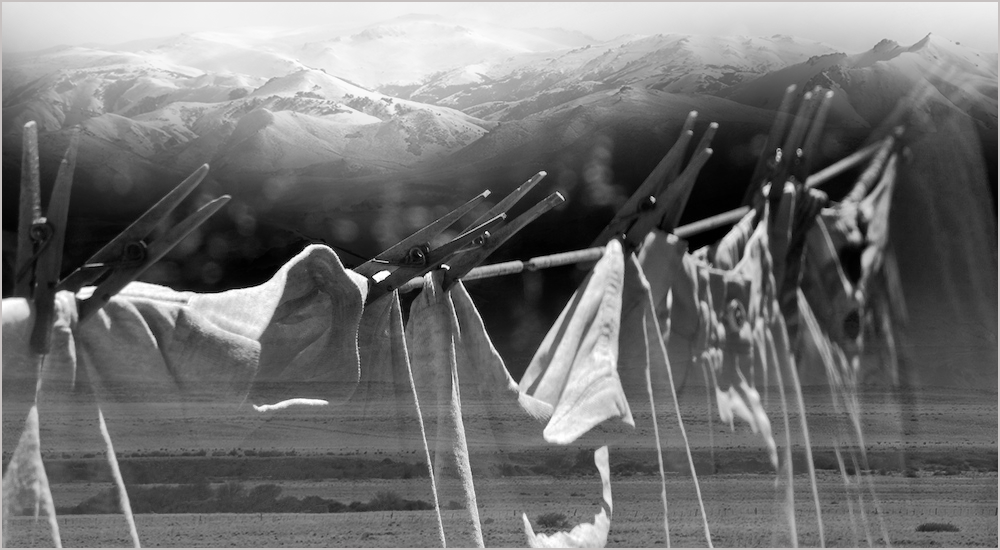Ashleigh Young
How I Get Ready
(VUP, 2019)
Response by Jessica Lim
The animal in us all
- Images of animals appear approximately on 65 of the 96 pages in How I Get Ready.
- ~13 different animals appear in the book.
- 11 of the 12 animal classes are represented.
- 35% of the time that animals appear, they are also disappearing.
Yet, what would happen if she doesn’t touch the water?
Would she fall in?
It draws our attention to the bottom of the Ocean,
an imminent death.
It captures some similar feelings to the author’s earlier work, invoking one of my favourite essays by Ashleigh: ‘Ghost Knife’. Intrusive thoughts bubble up to the surface…
Most nights before I fall asleep, and sometimes during a quiet moment in the day, I can feel a knife floating above my right shoulder… My ghost knife can probably be defined as an intrusive thought — an unwanted and unpleasant thought that pops up from time to time.
I remembered when I used to swim laps in a saltwater pool. Sometimes, when no one was there, I would begin to feel faint. I would imagine slipping on the tiles, my blood running in the clear blue water.
So there is an urge to compare this book to Ashleigh’s body of earlier work, with thematic similarities to both Can You Tolerate This? (2016), and Magnificent Moon (2012). Can You Tolerate This? gives us the good Ashleigh — struggling uphill on a bicycle, against massive headwinds, frustrated and stifled. The historically inaccurate Ashleigh. The speculative Ashleigh. Yet there is a difference between an essay and a poem. The Ashleigh in How I Get Ready pushes back on the future careerist movements:
Please detail any future opportunities you secured as a direct result of the project..
I get opportunities
And release them back into the water,
Their colours autocorrecting to grey…
Each poem is layered onto a sense of intrinsic feeling — taking you to someplace that is not always comfortable to go to — yet the place you want to be taken to nonetheless. The job of the poet is to draw you into the terrain of complex human emotion, and how that tells a sort of story where the reader begins to know, You are not alone, I understand this, too…
I will go on a tour
Of my future
I will identify
Which of my selves
To plant in the cool damp soil
And which of myselves
To boil alive
And which of my audiences
To take down with me.
The poems are likeable, like cradling a speckled hen with both arms. At its best moments, they take us to anxieties and human flaws: falling injured in public spaces, confronting social humiliation, moving to the point of where the ghosts of utter exhaustion haunt our nightmares.
How I Get Ready might be a book about the boundaries of self-limitation haunted by the same ghost of self-perception that is prominent in previous works. Animals live in the metaphors here, as the Other, almost as abstract ideas. Yet not simple romanticised notions — they are what continues to live, in relation to humans:
White butterflies
seeking something to attach to.
My fingers, and toes, my brain stem.
I feel myself a large and ungainly plant, come untethered in the valley, alive with tiny mouths.
The boundaries of self-limitation are set by the imagination, which ironically is Ashleigh’s exact power; to scratch up against the surface of something deeper than merely human perception, to the plains of the ‘softest minerals of earth beyond the slowest beads of rain’.
The poems reach into the deeper unconscious and invoke visceral reactions that race under the skin, as though her writing were some sort of magic trick. Through exploring a series of weights, tensions, feelings, like ‘pushing into a row of warm office shirts on the line’ on a summer’s day, a feeling that invokes a nostalgic perspective of the world. Towards ‘a million very tiny glimmering pieces of flight come down, for him…’
I love the way she describes her fraught relationship with her body, and social peers, who could be close as a mother or as distant as a postman but still show the interconnected relationships between them. This book is revelling in the uncertainty between likeability and strangeness. A ‘Ghost Knife’ falling on you, or a butterfly seeking to attach to your brain stem. It does invoke an immanent fear, but I think that fear is best swallowed.
